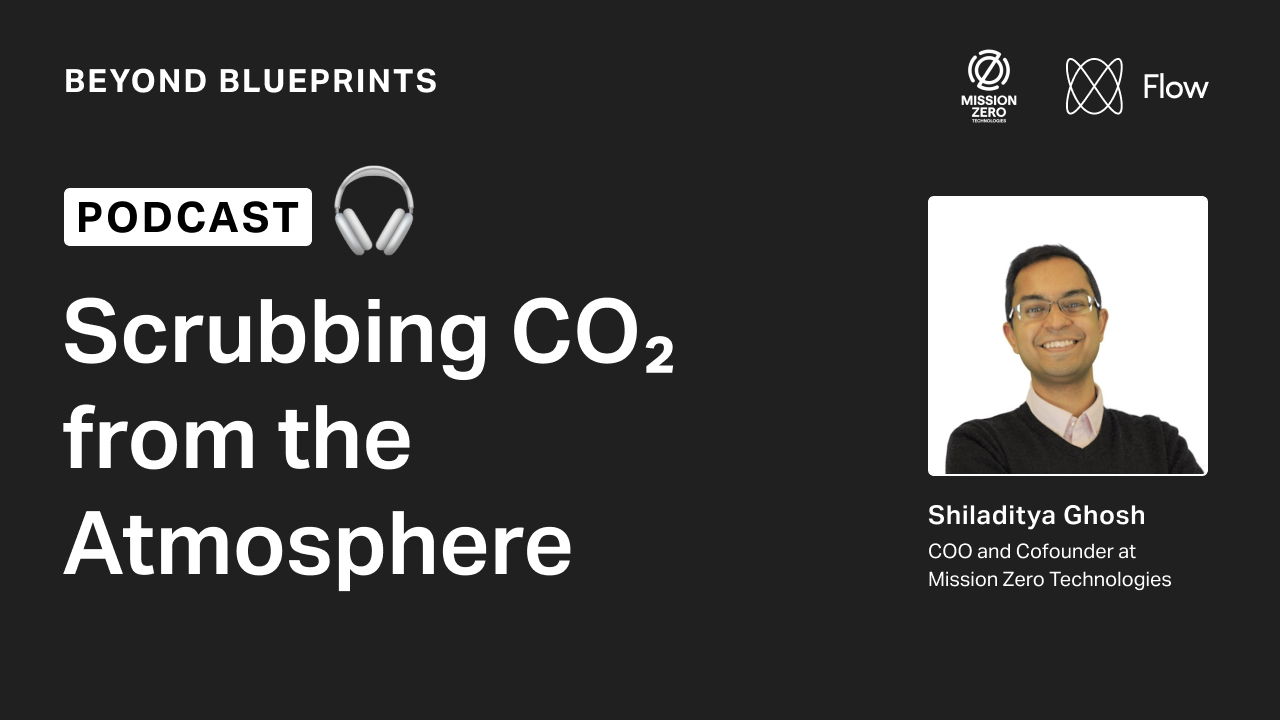- Handbook
- Industries
- Product
- Integrations
- Pricing
- Resources
- Company
Dec 08, 2023
Beyond Blueprints, Episode #5: Scrubbing CO2
from the Atmosphere
Parikshat Singh
Episode #5 of Beyond Blueprints features Shiladitya Ghosh, COO and Cofounder of Mission Zero Technologies. He talks us through how scrubbing CO2 from the atmosphere is a difficult but urgent problem to tackle that touches on many disciplines.

Agile Systems Engineering Briefing
Monthly newsletter and examples on building better iterative engineering cultures from teams like SpaceX, Stoke and Impulse Space.
Share this post
© Copyright 2025 TRC Space Ltd.
All rights reserved.
Providing new-age engineering companies with a requirements tool that is built specifically for their needs and allows them to focus on engineering ground breaking products.